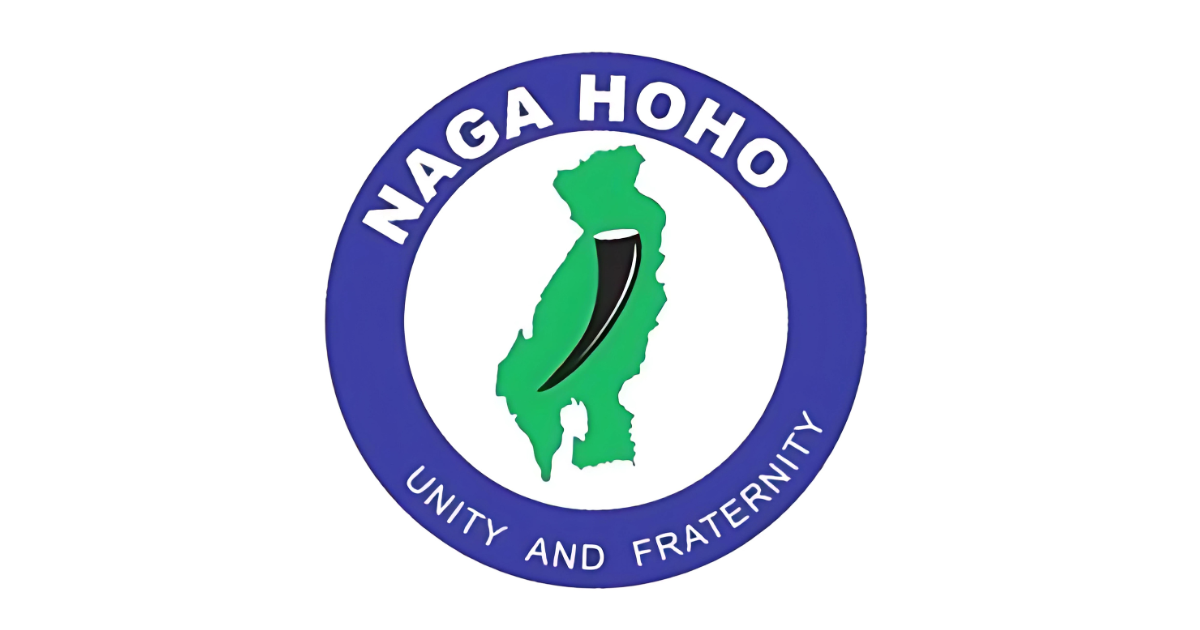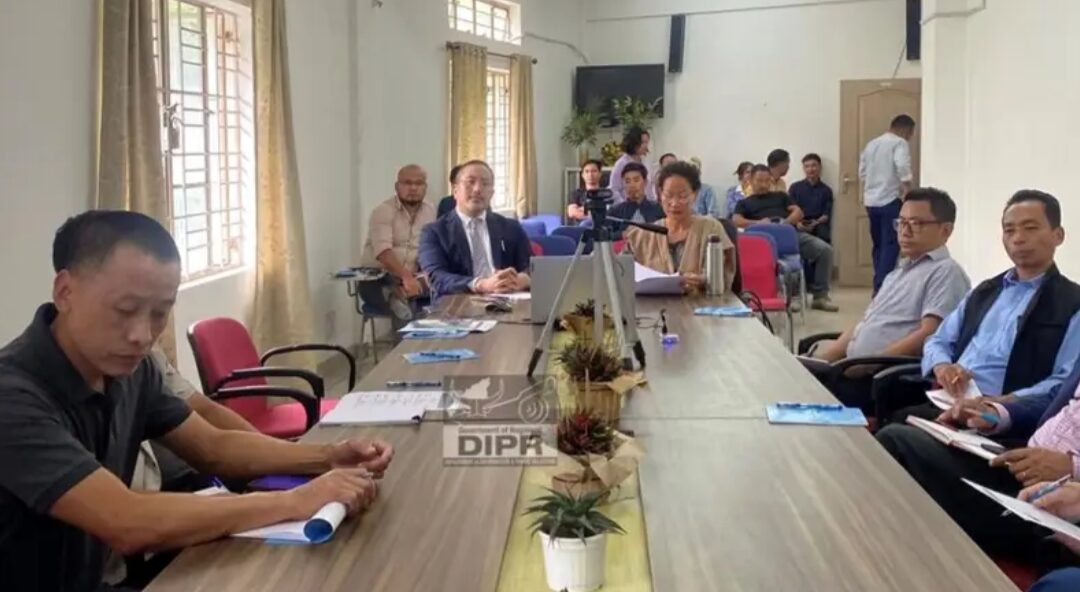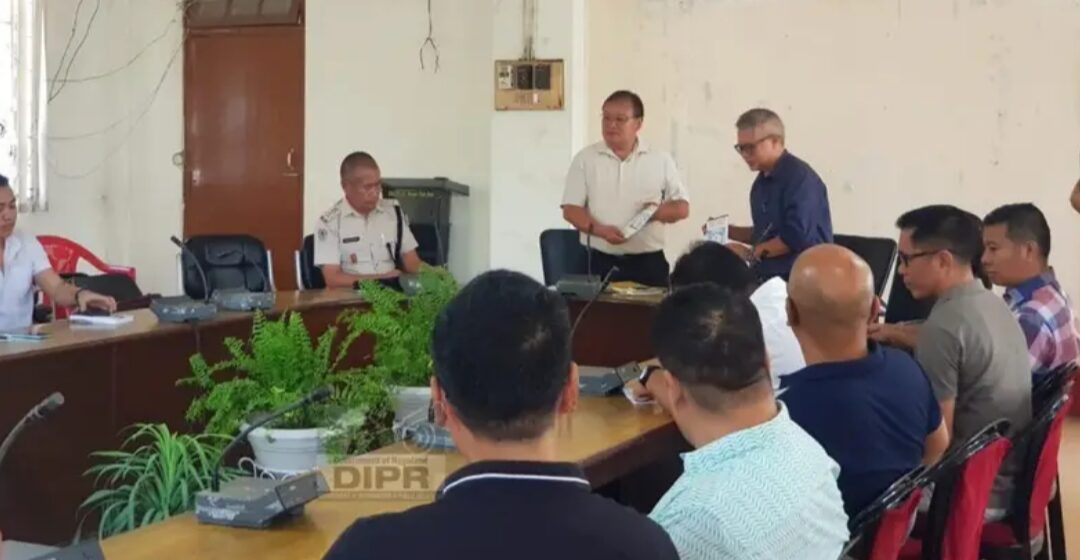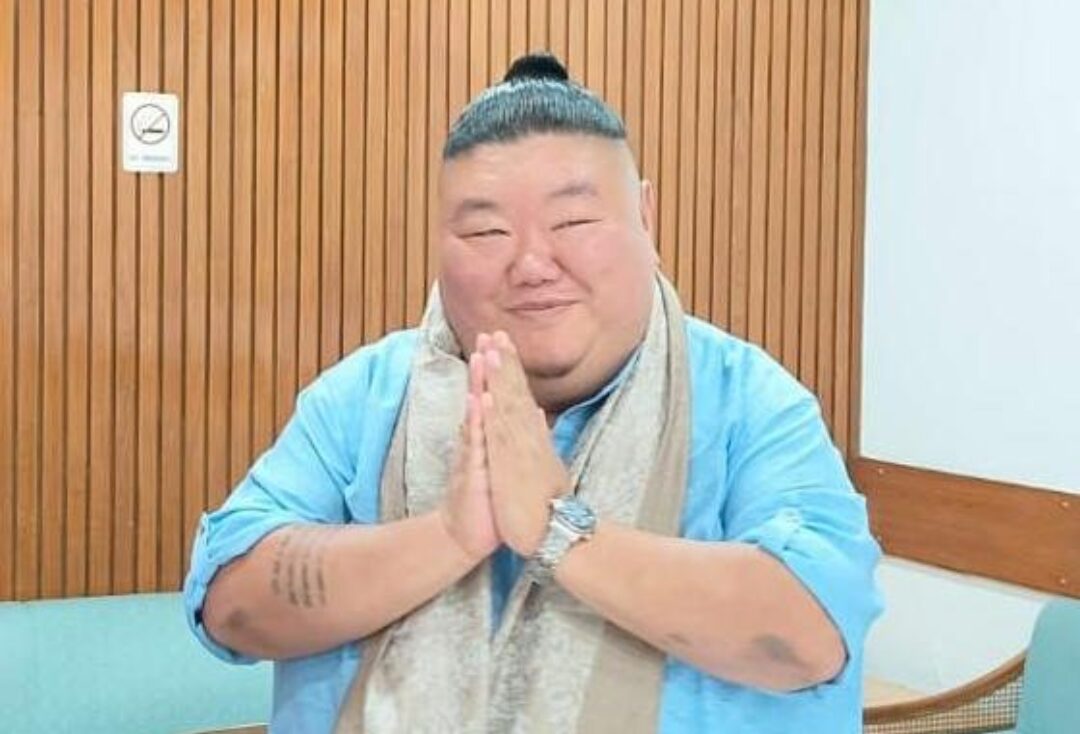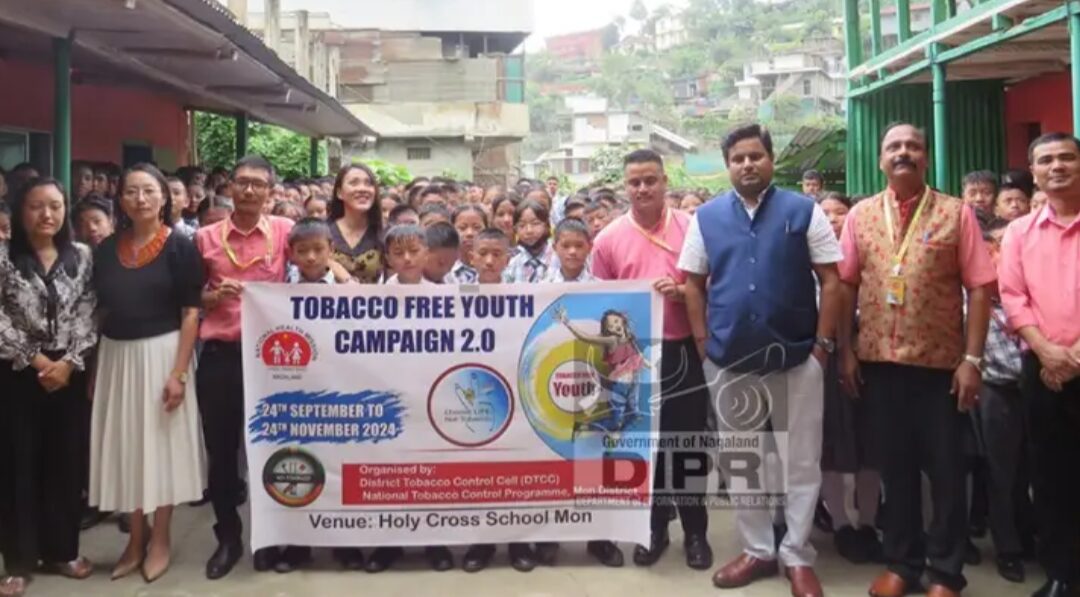On December 4, 2021, the tranquil village of Oting in Nagaland’s Mon district was shattered by a devastating incident: 14 civilians were tragically killed by Indian Army personnel. This heartbreaking event has sparked a relentless pursuit of justice by the Naga Hoho, a prominent Naga organization.
Recently, the Supreme Court of India delivered a ruling that has left the Naga community reeling. The Court set aside the criminal proceedings against 30 Indian Army personnel involved in the Oting massacre, sparking widespread outrage.
Also Read: Global Naga Forum condemns Supreme Court’s Oting incident ruling
The Naga Hoho has vehemently condemned this decision, viewing it as a stark betrayal of their quest for justice and accountability. The Court’s suggestion that the case could proceed if the Centre grants sanction is seen as mere lip service, offering little solace to the grieving families.
The Oting massacre is not an isolated incident but part of a long and painful history of violence and injustices faced by the Naga people under the Armed Forces Special Powers Act (AFSPA) 1958.
The Naga Hoho has highlighted several past atrocities, including the Matikhru massacre of 1960, the Oinam bestiality of 1987, and the brutal winter of rape and arson in Mokokchung-Akuluto in 1994-95. These incidents, along with the mayhem in Kohima in 1995 and the murder of students in Wuzu in 2015, underscore the ongoing struggle for civil and political rights of the Naga people.
Also Read: Microdosing PR is a recipe for disaster in business. Here’s why
In the face of this setback, the Naga Hoho has issued a powerful call to action. The organization is urging all Naga civil society organizations, tribal bodies, human rights defenders, Naga political groups, and every Naga citizen to stand united in condemning this gross injustice. The message is clear: collective action is necessary to ensure that such atrocities do not continue to plague their community.
